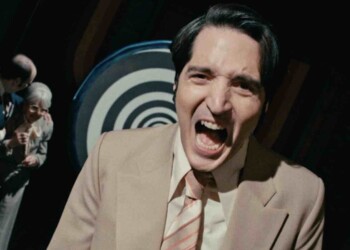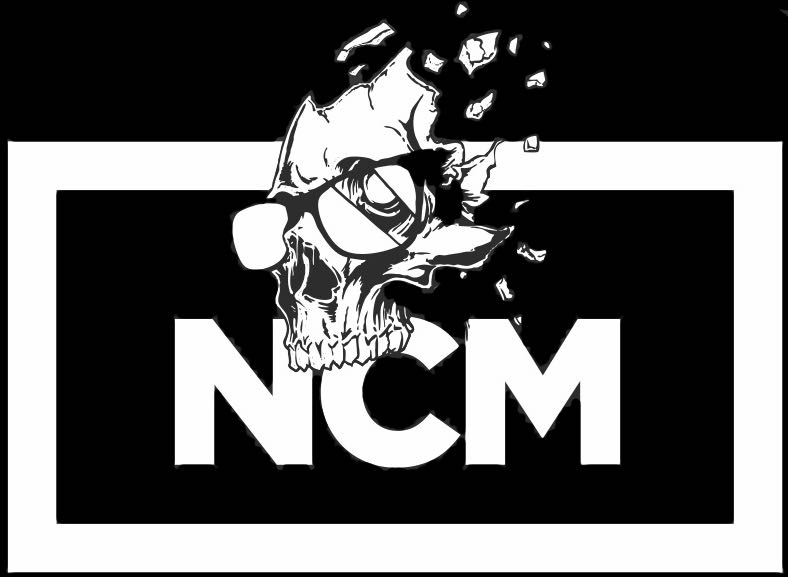Did you know that John F. Kennedy was a paranoid coke head with a pension for well-read hookers and a fixation on the moon? Did you know that Lyndon B. Johnson was a morally nebulous cowboy that packed an ornate six shooter and carried himself like an amalgamation of Clint Eastwood and George C. Scott’s rendition of Patton? Did you know that our space project was spawned from the mind of a Nazi scientist with a robotic arm? Did you know the first man in space was in love with a talking dog?
This is the world of The Manhattan Projects. A retelling of American history where great scientific minds like Einstein and Oppenhiemer were not just nerds in a lab, but were also rock stars traveling the universe and other dimensions, pushing science way past a Jules Vern fever dream in an attempt to make earth the scientific powerhouse of the cosmos.
The goal of this article has always been to draw attention to the books I feel should be read. Often I try to give “the story thus far”, summing up where the series has taken its readers. I try to get new potential readers interested and give them an idea of what they are in for but I cannot do this for The Manhattan Projects with any level of thoroughness. It has just done too much.
In its twenty-three issue run, The Manhattan Projects has touched the farthest star, and has waged hundred year wars within the human mind. It has told a story that would give the word “epic” image issues.
Just know this: This is the thirty dollar steak of science fiction. It is smart, creative and mind expanding. It is funny and irreverent in moments, and touching and terrifying in others. It embraces the lawlessness that comes with telling the kind of story in which science is a play thing. It is what all science fiction should be; a perfect balance of smart and fun.
Issue #23 of The Manhattan Project is the beginning of yet another story arc. The scientists of The Manhattan Projects are regrouping. Their ranks have been scattered. Their Soviet allies have been overthrown by alien sleeper agents. The Einsteins have left to explore the multiverse. Wernher von Braun and Yuri Gagarin have taken a rocket into space. Harry Daghlian has isolated himself in the desert and declared himself the Atomic Messiah.
I told you this book has a lot going on.
Anyway, the next threat has revealed itself. The Soviet alien force has begun to plan its infiltration of America, using the Cuban missile crisis as a cover to establish power in the west.
This issue begins to make an interesting commentary as the reader watches how the alien threat manipulates mankind. They don’t dip into science fiction tropes by using telekinesis, mind control drugs or brain parasites. They don’t get that cute.
Their plan is more simple and more grounded than this series often gets with its plot devices. All the aliens do is use charismatic leaders, propaganda and promises of a better world to make mankind dance like limp, wet sock puppets.
Science fiction has done its job when its uses fantasy and exaggeration to make you look at the real world differently. It’s chilling to watch horrific monsters play out the same actions as the make-uped men and women on CNN.
All of this is interwoven with our first encounter with the above mentioned Lyndon B. Johnson. The character is immediately endearing, and while his true motivations remain unknown, his dryness and charisma play well.






